Processes That Mediate the Effect of Community Factors on Child Maltreatment
$57.60
Description
This study examined the processes that moderate the effect of community structural factors on neighborhood child maltreatment rates. It is hypothesized that social capital (intergenerational closure, reciprocal exchange) and collective efficacy for children (child-centered social control) moderate the relationship between community structural factors and neighborhood child maltreatment rates. This hypothesis was tested utilizing survey data from Harvard University’s Project on Human Development in Chicago Neighborhoods, the U.S. Census Bureau and the Illinois Department of Children and Family Services. A multiple regression was conducted indicating that community stability, the number of adults per child, concentrated disadvantage and density predicted child maltreatment rates. Additional regression models indicate that intergenerational closure and reciprocal exchange help to buffer the effects of disadvantage on child maltreatment rates while increasing the rates in affluent communities. There was also indication that child-centered social control buffered the effect of concentrated disadvantage and density while increasing the effect of immigrant concentration on child maltreatment.
Author: Fromm Reed, Suzette
Topic: Psychology
Media: Book
ISBN: 3836459477
Language: English
Pages: 100
Additional information
| Weight | 0.38 lbs |
|---|---|
| Dimensions | 9.61 × 6.69 × 0.21 in |


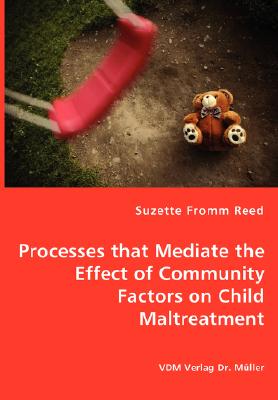
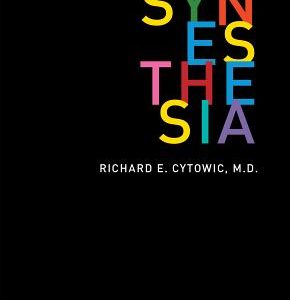
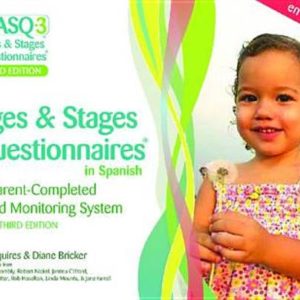
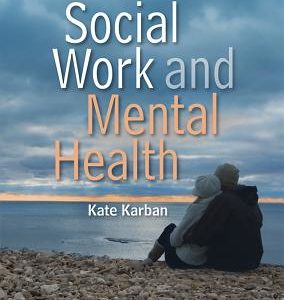

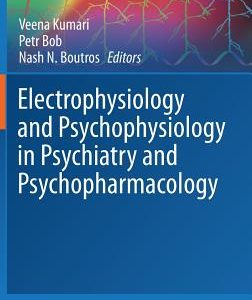
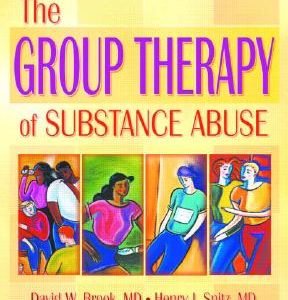
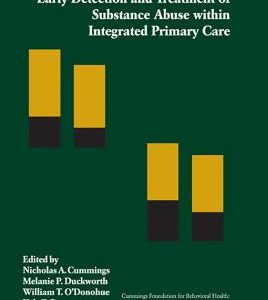

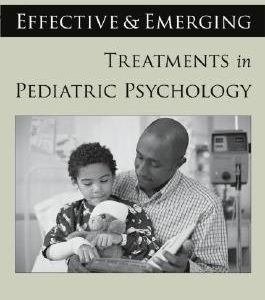
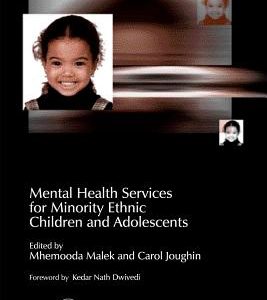
Reviews
There are no reviews yet.